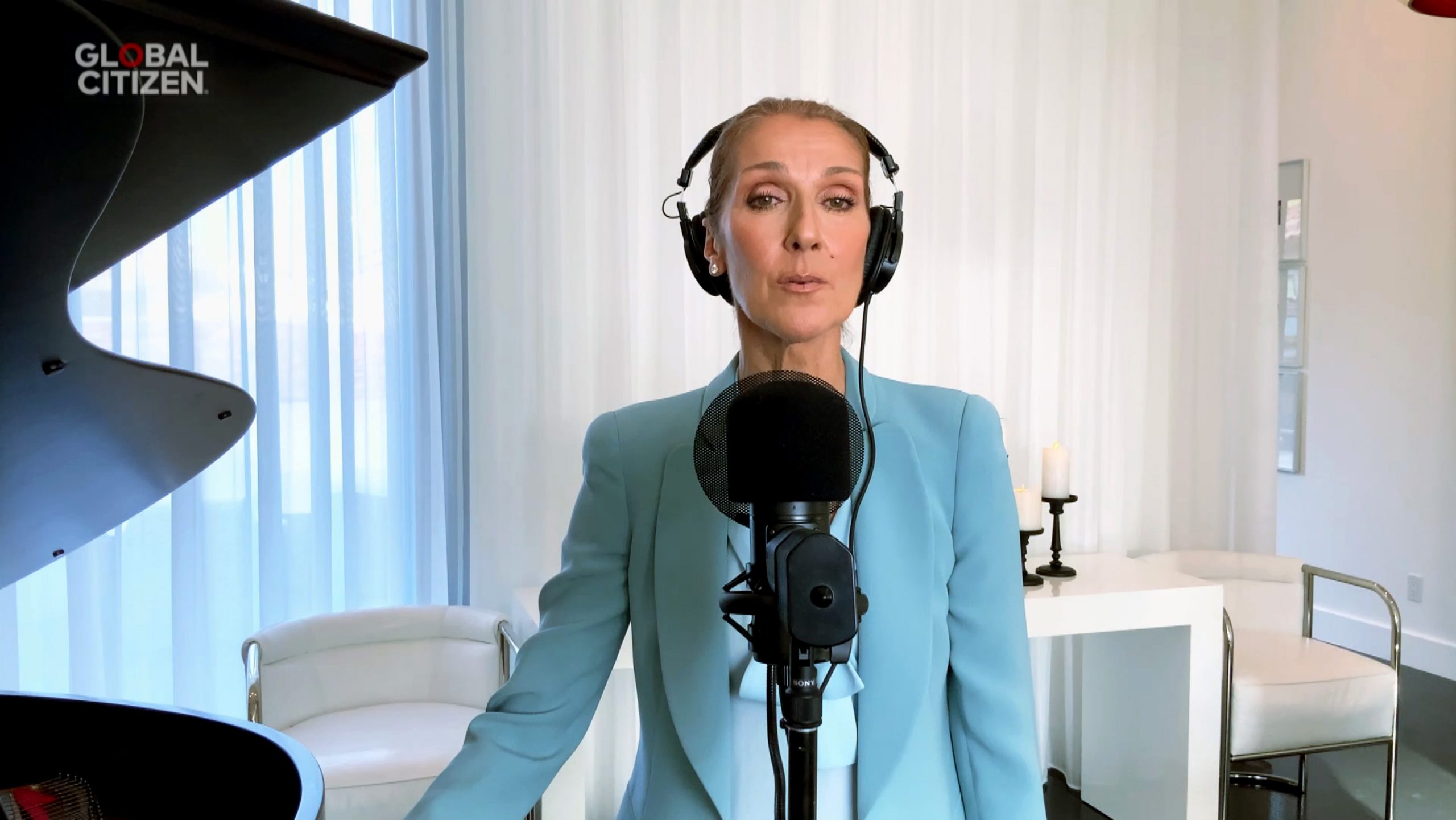Coping with a Challenging Diagnosis and Its Broader Impacts on the Family
- Singer Celine Dion, 55, is battling a rare neurological disorder called stiff-person syndrome (SPS). Her sister said Celine’s condition has now caused her to lose control of her muscles.
- Dion stated her symptoms have already impacted her vocal cords and singing ability.
- Symptoms associated with SPS include stiffening your muscles, particularly in your torso, arms, and legs. Stiff-person syndrome (SPS) does not have a cure and can worsen over time. However, people diagnosed can manage symptoms with treatment, which includes muscle-relaxing drugs.
- Feelings of “helplessness, lack of control, anger, embarrassment” are some common emotions for family members and friends helping a loved one battling a health condition, according to researchers highlighting the broader impact a diagnosis can have on a family.
Singer Celine Dion, 55, offered fans hope when she appeared publicly last month smiling and even bursting out a few songs before hockey players. However, her sister says Dion’s Stiff Person Syndrome has worsened, leaving the “My Heart Will Go On” singer unable to control her muscles on her own.
“The vocal cords are muscles, and the heart is also a muscle,” Celine Dion’s sister Claudette Dion told French news outlet 7Jours.


News of Celine’s condition worsening is a bit of a surprise to fans who recently saw a rare glimpse of her in public.
Dion, 55, sang a few notes while visiting the Montreal Canadians after a game. The “My Heart Will Go On” singer visited the team in their locker room, appearing in good spirits as she donned a bright smile while giving the thumbs up.
Dion shared the photo on her Instagram, which garnered a ton of buzz from supporters and fans thrilled to see her out and about, seemingly doing well despite her diagnosis.
View this post on Instagram
“You are so strong, Celine!!!” Instagram user Almir Caggy wrote in a social media post.
Helping You Stay Positive On Your Journey
Can Stiff Person Syndrome Impact Dion’s Ability to Sing Again?
Stiff Person Syndrome is a rare disease that impacts one in a million people and tends to impact women between 20 and 50 years old more often, according to research published in the International Journal of Environmental Research and Public Health.
“A diagnosis like this for someone like Celine Dion, who was on stage day in and day out, who is a performer, is devastating,” board-certified neurologist and neuro-immunologist Dr. Sharon Stoll told CTV News.

On whether Dion’s worsening SPS stopping the award-winning singer’s ability to sing, a spokesperson for Yale School of Medicine told SurvivorNet one of its laryngologists “didn’t think the medical research was strong enough” to sufficiently answer if SPS can impede a person’s ability to sing. However, Dion already admitted her condition had affected her singing voice in a December 2022 Instagram video post.
“Unfortunately, these spasms affect every aspect of my daily life…not allowing me to use my vocal cords to sing the way I used to,” she said during her emotional public announcement about her diagnosis.
She added that SPS’s impact on her singing voice was the reason she needed to cancel her European music tour last year. At the time, she lamented, “It’s been a struggle,” and that singing is what “she loved to do the most.”
The National Cancer Institute says muscle-relaxing drugs can help manage SPS symptoms.
“Intravenous immunoglobulin treatment is effective in reducing stiffness, sensitivity to noise, touch, and stress and for improving gait and balance for people with SPS,” NCI said.
Health Challenges Can Bring Families Closer
Celine’s SPS journey has had a lingering impact on her family. Adding to the hardship, Dion’s family says they feel that there is little they can do to support her and alleviate her pain.
Research published in The Journal of the Royal Society of Medicine studied the impact of disease on family members. It found, “Most chronic diseases have similar effects on family members including psychological and emotional functioning, disruption of leisure activities, effect on interpersonal relationships, and financial resources.”
Feelings of “helplessness, lack of control, anger, embarrassment” are some common emotions parents, siblings, and other relatives within the household of someone battling a health condition may experience, according to researchers.
Other ways a disease, for example, may impact the lives of family members include:
- Affecting sleep
- Concerns about medical treatment
- Altered food choices
- Using religion, spiritual, and cultural beliefs to cope
- Feeling obligated to provide a case
- Concerns about understanding the disease or illness
- Needing support from others
- Limited freedom
- Worrying about the death of a loved one
SurvivorNet experts encourage people battling a health condition to form a robust support system to help cope with the challenges. These situations can be opportunities to strengthen families and bring them closer together.
Learn more about SurvivorNet's rigorous medical review process.
